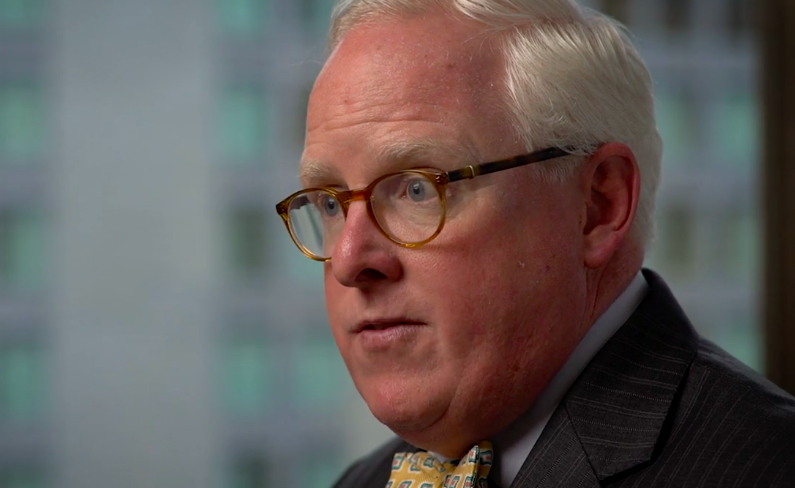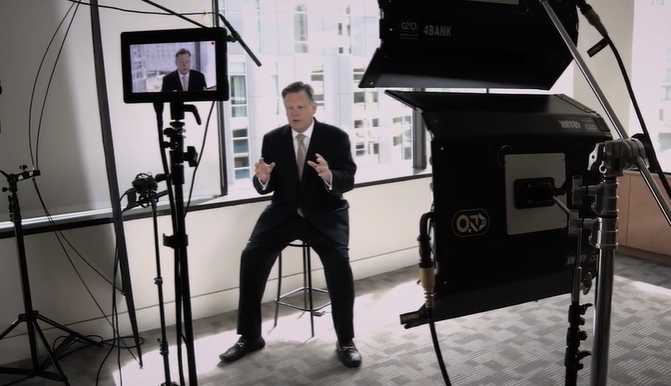Today Brian Friel talks more about the role of brokers in the corporate insurance process, asking this critical question: are conversations with insurance brokers privileged? Corporate policyholders deservedly believe that conversations with insurance brokers are privileged, just like conversations with lawyers. But, certain courts have held that insurance brokers break the chain of privilege between lawyers and clients, which can jeopardize the payment of legitimate claims. If you have sensitive conversations with your broker and they are deposed, corporate policyholders open themselves up to unnecessary problems. Brokers are essential to corporate policyholders in many ways, but acting as a viable alternative to focused legal representation is not one of them.
Watch the video to learn more about insurance brokers and privilege.
For a transcript of the video, please see below
In order for a company to maximize it’s insurance asset, to maximize the amount of money they get paid by insurance company, necessarily it requires some pushing, some aggressive lawyering, mustering the correct arguments from a legal perspective, understanding the insurance policy, coming up with creative solutions and interpretations, and understanding how the law and the policies have evolved over the years with respect to the facts of a claim and driving that claim as aggressively as possible. Yes, there may be some threats of litigation, maybe even a threat of bringing a bad faith claim against an insurance company and maybe even we have to go to court and file a lawsuit. All of that may be required, maybe some of it, in order to get an insurance company to pay the claim, to maximize your insurance asset.
Insurance brokers cannot do that. They can’t bring those sorts of pressures and resources to bear to maximize that insurance asset and companies need to be aware of that limitation within the broker, within the brokerage community. Another problem about brokers and the claims advocacy process is because they’re not lawyers or at least they’re not acting as lawyers, they’re acting as brokers, there may not be any privilege attached to your communications with your broker in the context of litigation. You have a case filed against you. You’re a defendant in an underlying intellectual property case or commercial transaction or product liability case. You bring a claim. You’re using your broker. Your broker’s having discussions with you. Maybe your broker’s having discussions with your defense counsel, your outside lawyers, and that broker in turn turns around and has other conversations with the insurance market, the claims folks on that side. All those communications are in jeopardy.
If an underlying plaintiff wants to file a subpoena against your broker, depose your broker, ask for documents from your broker, you think it may be privileged and we’ve seen this in cases where courts have come out and said, “There is no privilege.” In fact, brokers are not lawyers and the broker breaks the chain of privilege within the communication circle of the corporate policyholder and its outside lawyers. Not always, but the risk of that privilege being broken and violated is always at play when a broker’s involved with a claim. We have worked out ways to mitigate that risk and still have an insurance broker involved with the claims process because there still could be a role for a broker in a claims process but they can’t have the number one role or be in the driver’s seat of a claim. They can’t be driving a claim because necessarily, they will be limited and they will jeopardize the privilege which is so critical for companies and their outside lawyers to effectively defend underlying cases.
In fact, just recently we had a broker here from London visit us here in our Washington DC office selling us some services that we could then relay to our corporate clients about risk transfer and litigation funding for underlying cases both on the plaintiff side and the defendant side. It was very, very interesting. We enjoyed a meeting with the broker. He was very knowledgeable about the market, about what we do, what our clients do, and some of the needs for some of this funding that they can provide through insurance products. That insurance broker provided us his what we call a pitch card when we left the meeting, sort of a little summary in a glossy little six by eight card about all these wonderful services he and his very large brokerage firm provides to corporate policyholders around the world.
What did we see in this pitch card? It was a graphic that they provide to their clients that says, “What is the proactive role of an insurance broker,” and it had six or seven different areas or bubbles about what brokers do and one of them essentially said, “We as brokers will do our best to keep the lawyers away from you in claims process.” Here is a broker talking to us soliciting business but giving us a pitch card, which basically says they try as brokers to keep lawyers out of the claims process. Why, because they want to control the claim. They want to be the front person for working and dealing with the insurance company but I will tell you based on our own personal experience, based on the inherent limitations of a broker doing that and playing that role, companies generally will not be able to maximize their insurance asset for a claim by having a broker play that role.

